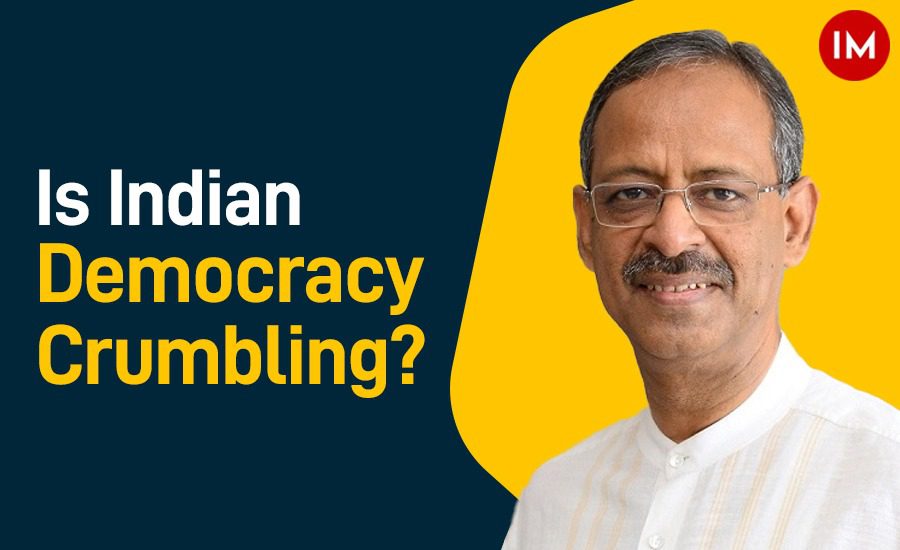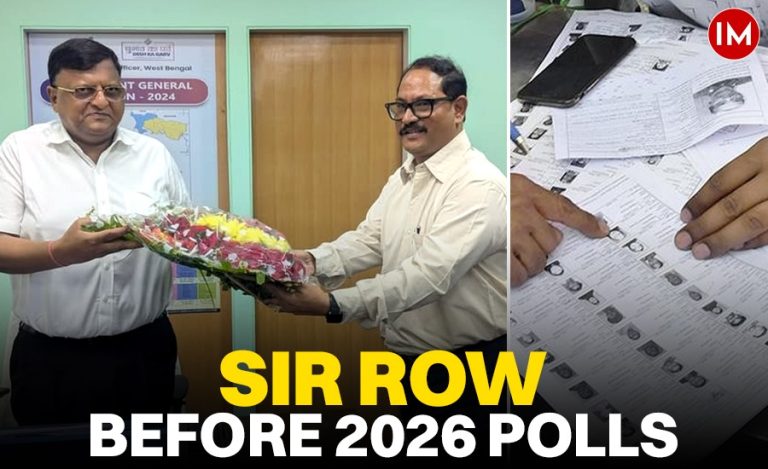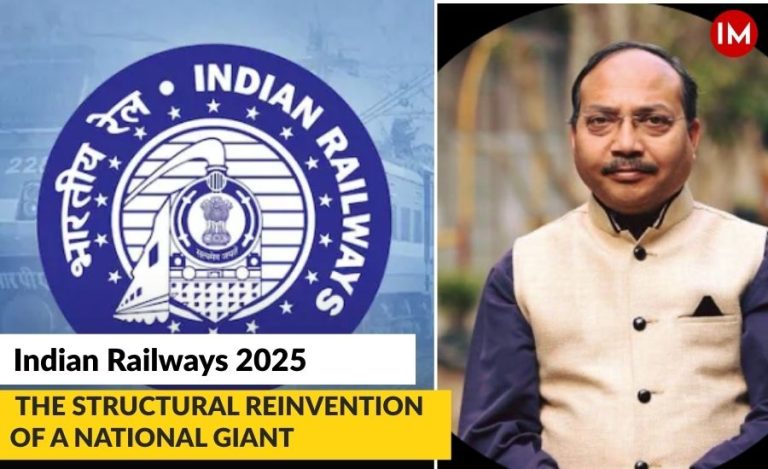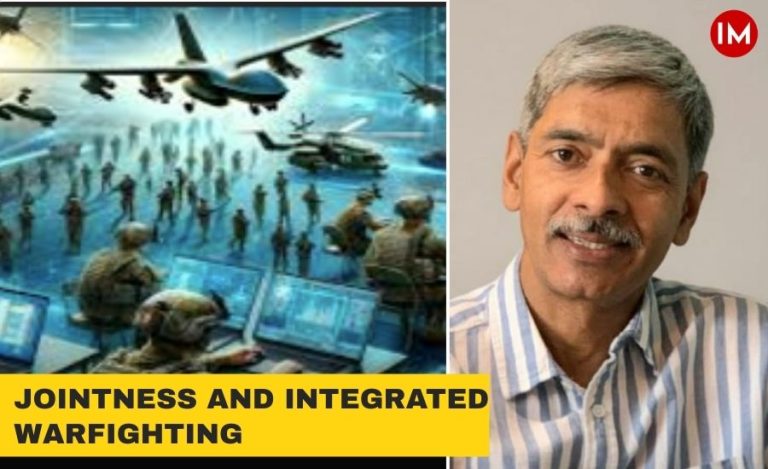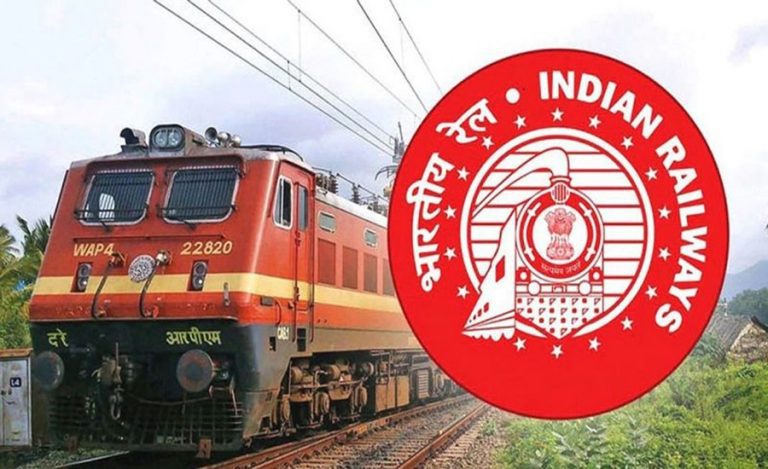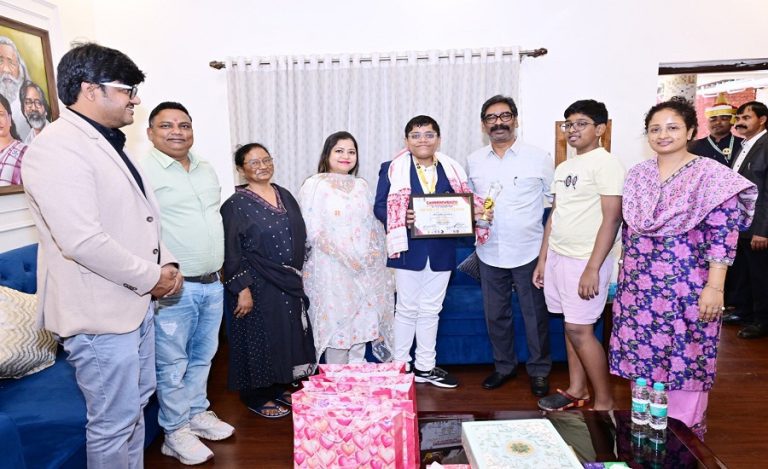“When Yog becomes Yoga, it gets to be recognized in the country of origin.” I had tweeted this some time ago to highlight the fact that we are so obsessed with western endorsements that we look for such certificates to validate our point of view or practice. This is true even now. We went hammer and tongs to get a certificate from the World Bank about “ease-of-doing-business” and spruced up the processes in Delhi and Mumbai (at least in the beginning) to climb up the ladder. We did climb but the ground reality didn’t change despite our roadshows in Davos and other parts of the world.
Now the same western world has questioned democracy in the largest democracy of the world. There have been reactions. The Opposition that was at some time responsible for erosion of democratic norms is now taking the moral high ground on the basis of these reports.
Let us take a look at what exactly was said and then examine dispassionately where does the country stand in the context of democracy.
FAR-FETCHED COMPARISON
The V-Dem Institute of Sweden says in its report that “India’s autocratization process has largely followed the typical pattern for countries in the ‘Third Wave’ over the past ten years: a gradual deterioration where freedom of media, academia, and civil society were curtailed first and to the greatest extent…and most of the decline occurred following BJP’s victory and their promotion of Hindu-nationalist agenda”.
The US-based non-profit Freedom House downgraded India from free democracy to a “partially free democracy”.
Using these two reports, some have even gone on to compare the present regime with that of Col. Gaddafi and Saddam Hussain. There is a comparison with Pakistan as well. This is indeed quite far-fetched as I wonder whether those that are ‘flaunting’ these comparisons would have been able to make such statements if India were as dictatorial as the two deposed autocrats.
AT NASCENT STAGE
Indian democracy is still nascent. It is evolving. There are bound to be problems. And, in any case, there is no perfect model of democracy anywhere in the world. Each democracy, including those in the US and England, has evolved over centuries. It took the US a Civil War and almost 100 years to abolish slavery after its independence but the ‘slavish’ mentality continued much longer. Britain faces an unprecedented crisis on account of allegation of racism against the Royal family. This is after centuries of maturity.
Democracy doesn’t get manifested in India only through the electoral process. Yes, the citizens get to vote to elect a government, both at the state and federal levels periodically, but democracy is much beyond that. It has its legal roots in the Indian Constitution that provides for certain inalienable rights like the freedom of expression and movement. These are ensured by an independent and impartial judiciary and a free press. The Parliament and the State Assemblies are forums where issues of importance are discussed. India is indeed a functional democracy that we are proud of. Then, is something not all well now?
A look at the events during the past few years and the response/conduct of institutions that are sentinels of democracy will help us understand what is going right or wrong with Indian democracy.
ON PARLIAMENT
“The intellectual level of the debate was quite low. Sometimes the debaters did not make themselves intelligible… A turbulent mass of people, all gesticulating and bawling, with pathetic old man shaking his bell and making frantic efforts to call the house to a sense of indignity by friendly appeals, exhortations and grave warnings?”
No, it is not a description of Indian Parliament. It is an extract from Mein Kampf on what Hitler could make out of the proceedings of Austrian Parliament, but is indeed reminiscent of how sometimes our own Parliament functions. This institution has virtually ceased to be a sentinel of our democracy and this happened long ago, not in the recent past. Brute majority of the ruling party has only made its irrelevance even more profound.
ON JUDICIARY
The Judiciary has seen its ups and downs during the past few decades. Judges have been given post-retirement assignments in the past as well. Some of these assignments have been frowned upon. However, if there is a perception of a quid-pro-quo when such assignments are handed over, it erodes the institution.
When a Supreme Court Judge, who holds a press conference against the sitting Chief Justice of India, is not only not taken to task for blatant contempt but is appointed as Chief Justice, eyebrows are raised. And, when the same judge against whom sexual harassment charges are levelled is ‘rewarded’ with a nomination to Rajya Sabha after he presides over some ‘favorable’ judgements for the government, it lends credence to the doubts about the independence of the Judiciary.
ON ELECTION COMMISSION
Election Commission is an institution that we have been all proud of. Credibility of the institution went many notches up when the likes of T N Seshan were at the helm. However, when an Election Commissioner, who is apparently “inconvenient” in line to become the Chief Election Commissioner, is “allowed” to join the Asian Development Bank, tongues start wagging.
ON INSECURITY AMONGST MINORITIES
Whether we accept it or not, there is a sense of insecurity amongst some minorities in the country. However, it is not for the first time that minorities have felt insecure in the country. Perhaps that is how democracies evolve. How can we forget what happened in 1984? The worrisome feature now is the flaunting of necessity to promote such animosity by some sections of the society for political gains. This is dangerous and will need to be tackled pro-actively. Indifference to “goli maaro saalo ko” (shoot the brothers-in-law) will be counterproductive and can cause irreparable damage in the long run.
ON MEDIA
There have been occasions in the past when newspapers in India had published a blank cover page to protest against press censorship. And, the country came out of it. The media today is unfortunately deeply divided. Objectivity is sorely missing and this does not augur well for the democracy. The alleged “harassment” of journalists and media houses critical of the government is also not a good sign. Similar apprehensions have been expressed in the academia.
STILL A FUNCTIONAL DEMOCRACY
However, despite all this, we still have farmers agitating freely for months just on the outskirts of the national capital, Delhi. We still have different political parties ruling in a number of states. We still have articles critical of the government published in the media. We still have a Prime Minister duly elected by the people and periodically endorsed by the majority at the hustings. We also have a leader whose initial claim to leadership was perhaps his lineage but now is able to challenge another democratically elected leader in his own right.
All this would not have been possible in Saddam’s or Gaddafi’s world, even in Pakistan. Yes, we are still a functional democracy. Yet, we have to be on the guard. There is a lurking fear around.

